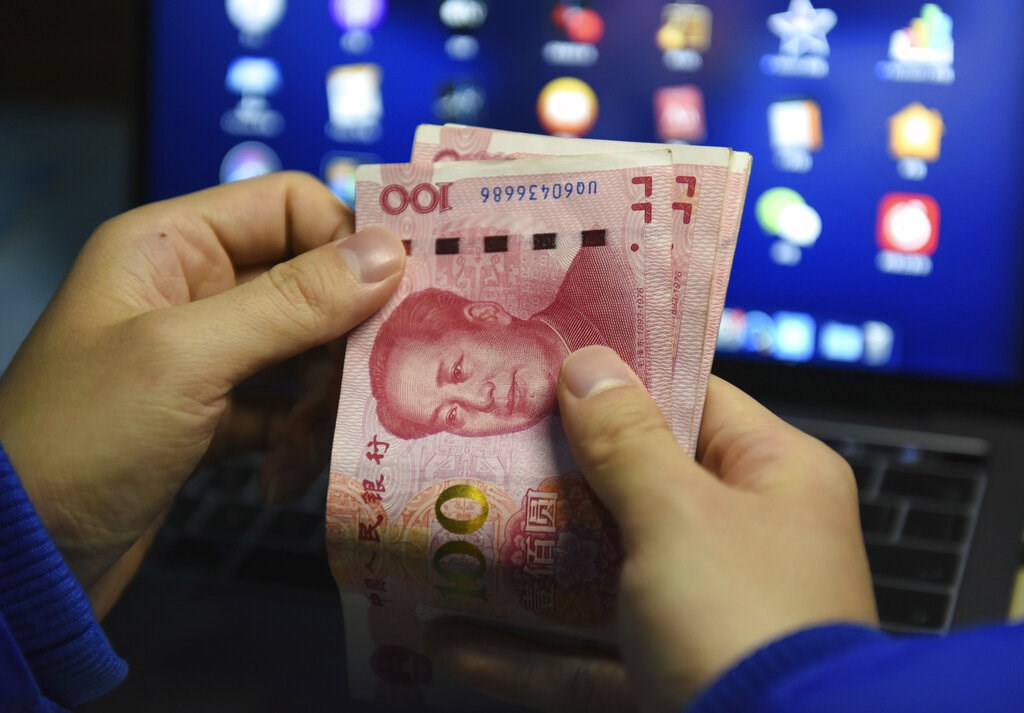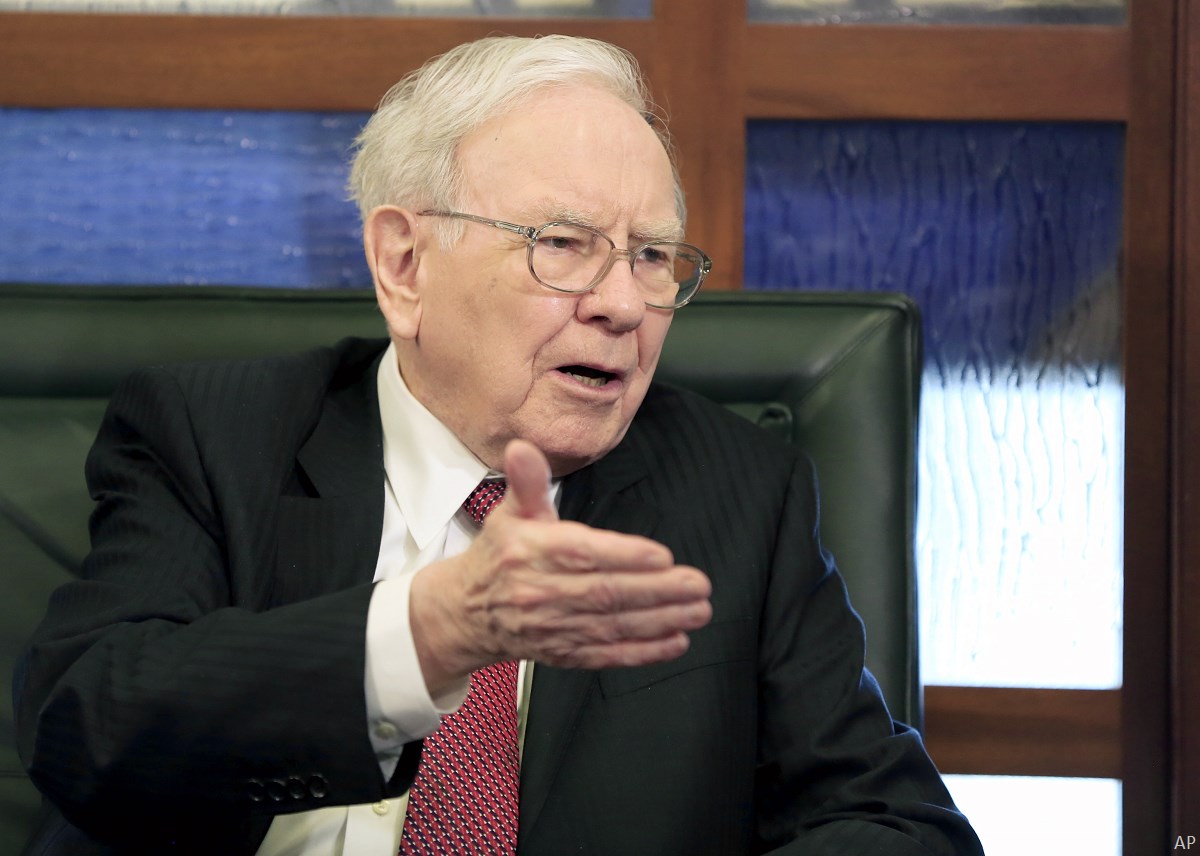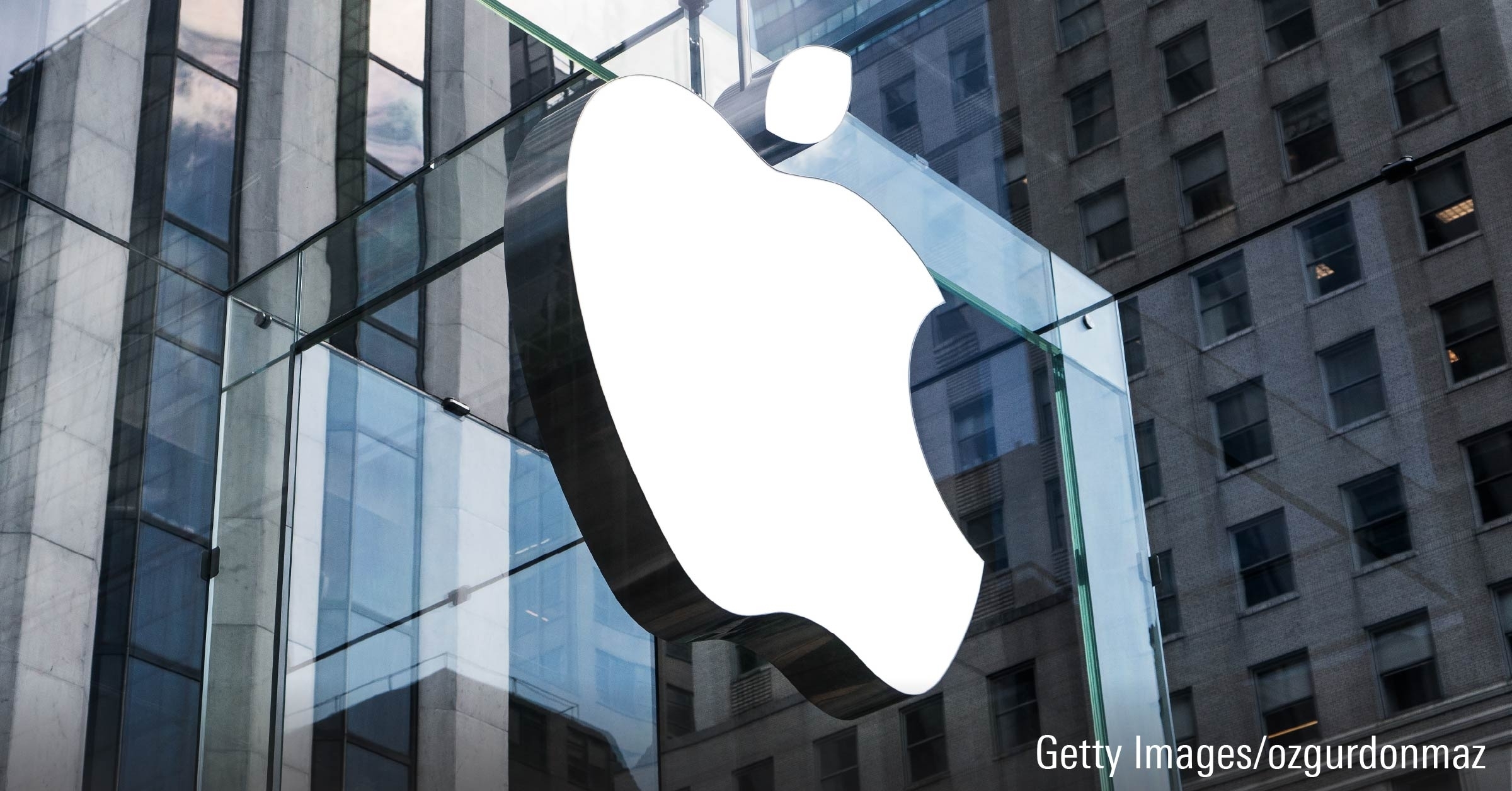
With the Olympics just a few weeks away, the world’s attention is turning to Japan. While overseas spectators will not be able to attend events in Tokyo, the country’s stock market remains open to global investors, who will have enjoyed decent gains as the Nikkei and Topix indices hit 30-year highs this year.
The momentum in the equity markets has started to slow since March, after a sharp rise in coronavirus cases. Away from the large-caps that dominate the benchmarks, we look at what Japanese equity investment trust managers are keen on in a pivotal year for the Asian country – and how the pandemic is shaking up certain aspects of daily life in Japan.
While overseas investors see Japan as a hi-tech culture and more advanced than in the West, in some areas the country has been slow to adapt to new technology. But this creates opportunities for disruptive companies, says Praveen Kumar, manager at Baillie Gifford. “What we are looking for is problem solvers,” he says, and they can be found in a number of sectors, including healthcare, property, and online food delivery.
Healthcare
Just as in other countries, coronavirus has changed the way healthcare is delivered and marketed in Japan. One such company is online drug marketing platform M3 (2413), which is held by the investment trusts managed by Baillie Gifford and and JP Morgan. Pre-Covid, medical reps would visit doctors in hospitals to give them information about particular drugs. Now, with hospitals barred to all but essential workers, medical professionals can access this information using M3’s databases. “Doctors and surgeons can now liaise directly with the companies and choose which drugs they want,” says Kumar. The company had a very big boost during the pandemic, says the JP Morgan trust’s co-manager Nicholas Weindling, but he thinks the trend is here to stay.
Recruitment
Meanwhile, a shortage in skilled workers means higher demand for recruitment agencies, which are increasingly operating online. Japan has been a relative laggard in this area but restrictions on meeting job candidates face-to-face has changed old methods of hiring. Indeed and Glassdoor are some of the best-known websites in the industry and are both owned by Japan’s Recruit Holdings (6098). Miyako Urabe, manager of the JP Morgan Japanese trust, says Recruit has a “a very unique and strong corporate culture” with an innovate workforce that is much younger than the norm in Japan.
Food Delivery
Eating out was a key part of Japanese culture before the pandemic, says Kumar, but that has been turned upside down. Online food delivery is starting from a lower base than in the west, but is fast catching up in Japan. Kumar invests in Demae-Can (2484), a Just Eat or Deliveroo equivalent that offers food options from thousands of restaurants. Another trend benefiting this industry is the rise in cashless payments, which had previously not been popular in Japan. Now if eat out, you will usually be offered the option of paying by card for the first time, says JPMorgan’s Urabe. “Many restaurants are suddenly implementing cashless methods,” she says.
Japan is prized for its unique national culture but “is going the same way as everywhere else” in terms of consumer trends, says JPMorgan’s Weindling. “The population is relatively old and they are relatively slow to adopt. But they do adopt,” he adds. But one aspect where Japan is different from the US and Europe is in the way markets operate, says Kumar. This gives Japan’s smaller and medium-sized companies a competitive headstart that is hard to shift once established. “If they use their first-mover advantage the duration of growth can be much longer compared to the US where you see competition coming in fairly quickly,” he says.
©2021 Morningstar. All rights reserved. The information, data, analyses and opinions presented herein do not constitute investment advice; are provided as of the date written, solely for informational purposes; and subject to change at any time without notice. This content is not an offer to buy or sell any particular security and is not warranted to be correct, complete or accurate. Past performance is not a guarantee of future results. The Morningstar name and logo are registered marks of Morningstar, Inc. This article includes proprietary materials of Morningstar; reproduction, transcription or other use, by any means, in whole or in part, without prior, written consent of Morningstar is prohibited. This article is intended for general circulation, and does not take into account the specific investment objectives, financial situation or particular needs of any particular person. Investors should consult a financial adviser regarding the suitability of any investment product, taking into account their specific investment objectives, financial situation or particular needs, before making any investment decisions. Morningstar Investment Management Asia Limited is licensed and regulated by the Hong Kong Securities and Futures Commission to provide investment research and investment advisory services to professional investors only. Morningstar Investment Adviser Singapore Pte. Limited is licensed by the Monetary Authority of Singapore to provide financial advisory services in Singapore. Either Morningstar Investment Management Asia Limited or Morningstar Investment Adviser Singapore Pte. Limited will be the entity responsible for the creation and distribution of the research services described in this article.











.png)










